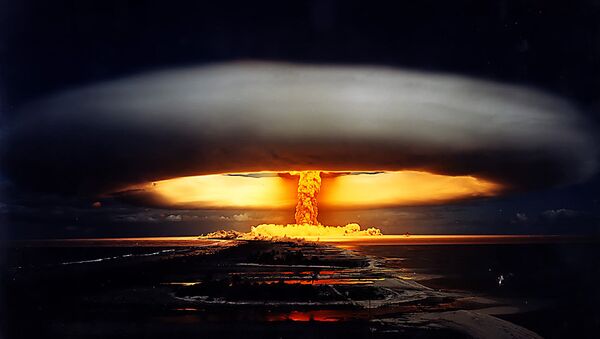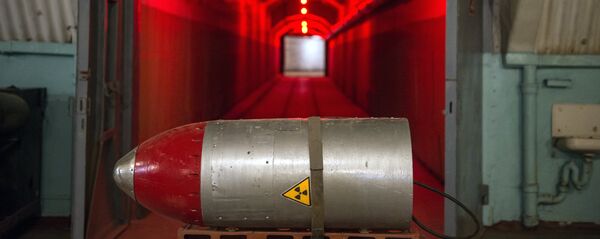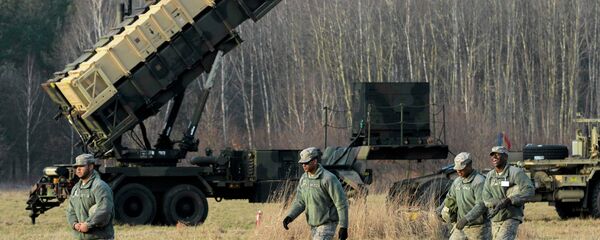The US-Russian confrontation over Ukraine is pushing the countries towards a deep political crisis, even worse than during the times of the Cold War, warns Edward Lozansky, the President and Founder of the American University in Moscow and a Professor at Moscow State and National Research Nuclear Universities.
"The general public is aware that the two former Cold War superpowers are facing off on the political, economic and informational fronts. But there has not been sufficient coverage of the fact that they are at risk of launching a new nuclear arms race. Major arms control treaties, which took many years and great political efforts to negotiate, are gravely endangered," the professor emphasized.
Furthermore, a few years later the US kicked off the development and deployment of its Ballistic Missile Defense System in Europe with its elements in close proximity to Russia's border.
In addition, the professor called attention to NATO's rapid eastward expansion, started immediately after the collapse of the Soviet Union. Although the Warsaw Pact, a mutual defense organization of the USSR and its closest European allies, was dissolved in 1991, NATO has increased its membership from 12 to 28 nations since then, currently having the accession of Georgia and Ukraine on its table.
"The United States also keeps large nuclear arsenals in several European countries, and NATO has an overwhelming superiority over Russia in conventional weapons," Mr. Lozansky highlighted.
What makes matters even worse, the current tensions over Ukraine as well as NATO's military buildup in Eastern Europe may prompt the two countries to withdraw from the Intermediate-Range Nuclear Forces (INF) Treaty, a hard-won agreement inked by Presidents Reagan and Gorbachev in 1987.
The abyss between the countries is growing, since the Obama administration suspended US-Russian cooperation in a number of crucial fields, including security, in order to "punish" Moscow. However, by this move Washington has obviously shot itself in the foot.
While the situation is steadily getting worse the question remains open whether the Obama administration will change its mind anytime soon and restart the US-Russian bilateral working groups, which address arms control and nuclear security, the professor asked rhetorically.




